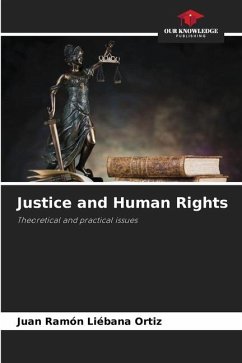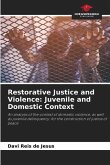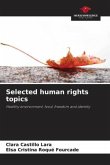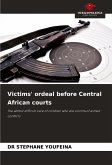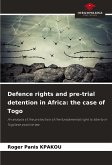This monograph analyses how judges decide when faced with a human rights controversy through a theoretical-practical approach, which combines an explanation of the different theories on the judicial substantiation of rights with practical examples taken from European and Spanish case law. Through specific examples, the insufficiency of legal positivism for the substantiation of judgements relating to human rights and the persistence of iusnaturalist criteria in the substantiation of judicial decisions relating to human rights are highlighted. In the first part, the study of Human Rights is examined in depth from a philosophical-legal methodology, analysing some of the most relevant problems that have arisen in the Theory of Law as a consequence of the incorporation of fundamental rights into the legal systems arising from neo-constitutionalism. In the second part, special attention is paid to the scope of the European and Spanish system of procedural fundamental rights and its impact on the question of validity and legal interpretation.
Bitte wählen Sie Ihr Anliegen aus.
Rechnungen
Retourenschein anfordern
Bestellstatus
Storno

